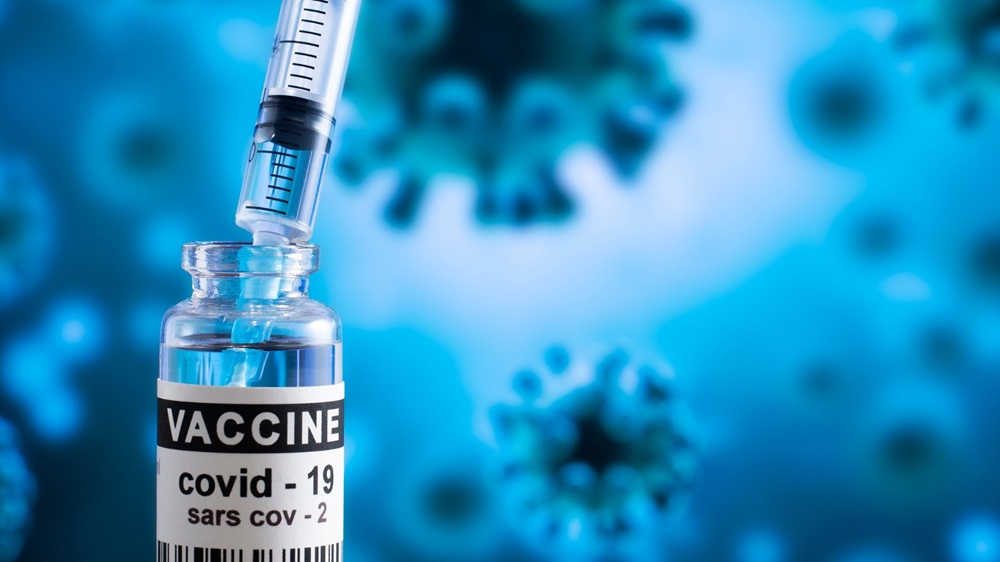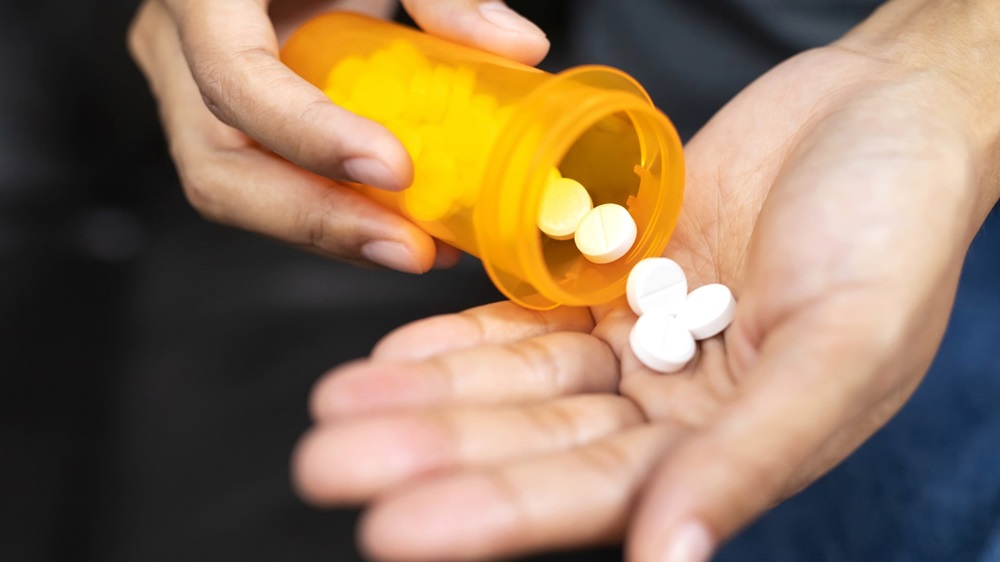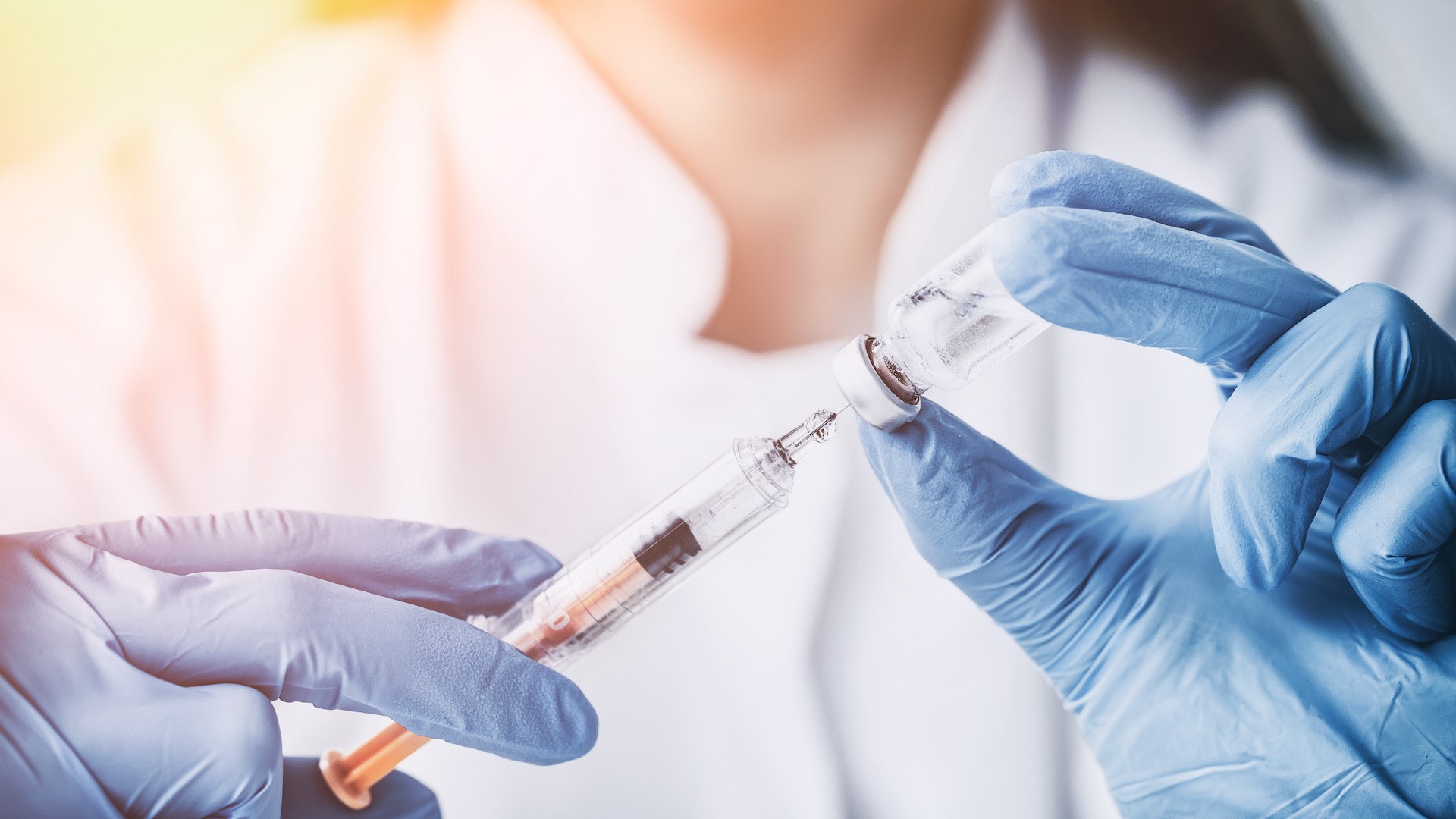

Misleading social media messages have been claiming that the mRNA COVID-19 vaccines – authorised by the Health Sciences Authority (HSA) under the Pandemic Special Access Route (PSAR) – are unsafe and ineffective in protecting against COVID-19, including Variants of Concern (VOCs) such as the B16172 or “delta” variant.
These messages also asserted that inactivated virus COVID-19 vaccines, like Sinovac, would provide superior protection, and should be offered to children instead.
Let us examine the claims.
Claim #1: mRNA vaccines are ineffective against COVID-19
Both the Pfizer-BioNTech and Moderna mRNA vaccines continue to be highly efficacious, with efficacy rate at around 90%. This has been established by the Expert Committee on COVID-19 Vaccination (EC19V) based on their continual review of global and local data.
These two vaccines are also especially effective in protecting against severe COVID-19 disease and hospitalisation.
Claim #2: mRNA vaccines are useless in protecting us against COVID-19 mutations
The mRNA vaccines are effective in protecting us against key VOCs, including the B16172 or “delta” variant. Studies in the UK demonstrated that two doses of the Pfizer-BioNTech mRNA vaccine can provide around 80% protection against symptomatic COVID-19 infection with the delta variant. While further studies are required before drawing definitive conclusions, the available data globally indicates that substantial protection is preserved.
The asymptomatic to mild infections detected locally with the delta variant in vaccinated persons is consistent with the global evidence that mRNA vaccines provides protection against symptomatic and severe disease.
Claim #3 - mRNA vaccines are not safe
The mRNA vaccines have gone through rigorous evaluation by HSA and EC19V and have been assessed to be safe for use. They had been authorised by HSA under the Pandemic Special Access Route (PSAR) and included as part of our COVID-19 national vaccination programme.
Like all vaccines, people who receive the COVID-19 vaccines may experience common side effects. Most of the side effects are mild or moderate, and usually get better within a few days.
In very rare instances, persons may experience serious side effects, such as a severe allergic reaction to the mRNA vaccine (e.g., anaphylaxis). The currently available data also suggests that there may be a very small risk of myocarditis and pericarditis after the second dose of an mRNA vaccine, particularly in young men. However, these serious side effects are rare, and risks are mitigated with careful monitoring of symptoms and seeking medical attention early. Overall, the benefits of receiving the mRNA COVID-19 vaccines, i.e., reduction in COVID-19 infections and severe complications even if infected, continue to outweigh the risks of vaccination. It is strongly recommended that medically eligible persons are vaccinated with them.
Claim #4 - Inactivated virus vaccines, like Sinovac, can protect us better than mRNA
Sinovac, an inactivated virus vaccine, has shown variable protection across multiple international studies. The most complete analysis of the vaccine showed a vaccine efficacy of 51%. The protection of Sinovac against newer variants, such as the delta variant, and under real-world conditions remains unknown.
On the other hand, global and local data has shown that the PSAR-authorised mRNA vaccines are able to protect against COVID-19 and its variants by reducing the severity of symptoms.
The Sinovac vaccine has yet to meet the requirements for PSAR authorisation. HSA is currently still waiting for the additional safety and quality data from Sinovac for evaluation.
Claim #5 – Children should be given Sinovac since the vaccine technology has proven to be safe
WHO does not recommend the use of Sinovac in persons below age 18 years even though it is put under its Emergency Use Listing (EUL) Procedure. As such, this is currently not an option for children and adolescents globally nor in Singapore under the Special Access Route (SAR).
On 18 May 2021, HSA endorsed the use of Pfizer-BioNTech mRNA vaccine in children between 12 to 15 years old. This decision was made after the careful assessment of the safety and efficacy data from the Pfizer-BioNTech vaccine for persons of this age group.
We advise members of the public not to speculate and/or spread misinformation. Please visit www.moh.gov.sg for latest information on the COVID-19 and COVID-19 vaccinations.
We use cookies to tailor your browsing experience. By continuing to use Gov.sg, you accept our use of cookies. To decline cookies at any time, you may adjust your browser settings. Find out more about your cookie preferences here .

















